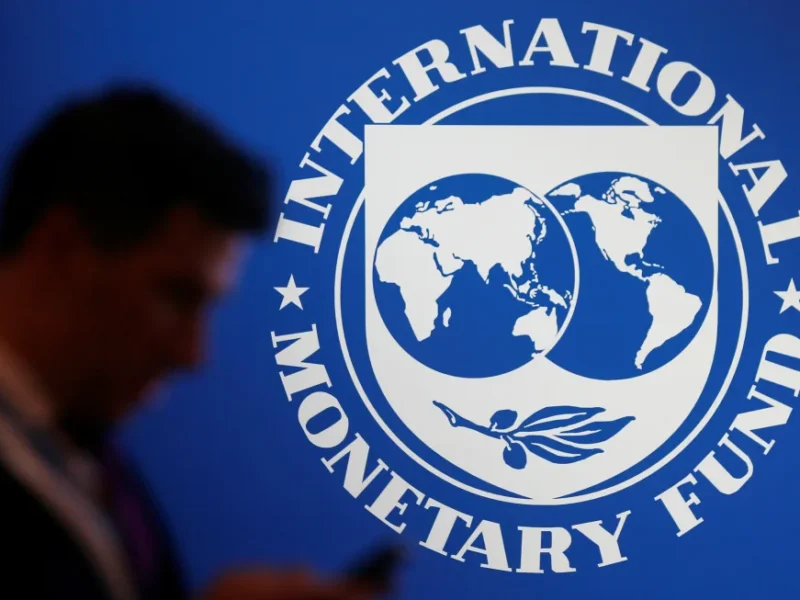The ascent of artificial intelligence (AI) is poised to potentially affect nearly 40% of jobs worldwide, a trend that is likely to exacerbate inequality, warns the International Monetary Fund (IMF). In a recent blog post, IMF chief Kristalina Georgieva has called upon governments to establish safety nets and implement retraining programs to counter the repercussions of AI’s impact.
Georgieva emphasized the pressing need for proactive measures to address the concerning trend of AI exacerbating overall inequality. This issue is expected to be a prominent topic of discussion at the annual meeting of the World Economic Forum (WEF) in Davos, Switzerland.
As the summit commenced, the town of Davos was already adorned with advertisements and branding related to AI. Notably, Sam Altman, the CEO of OpenAI (the organization behind ChatGPT), and his primary supporter, Microsoft CEO Satya Nadella, are scheduled to speak at the event later this week. The program includes a Tuesday debate on “Generative AI: Steam Engine of the Fourth Industrial Revolution?”
Georgieva pointed out in her blog that as AI becomes increasingly adopted by workers and businesses, its impact is expected to both aid and disrupt the human workforce.

Individuals can be seen in the reflection on a hotel window in Davos, Switzerland, with a slogan related to artificial intelligence (AI), as the World Economic Forum initiates its yearly gathering in the ski resort town.
Echoing previous cautions voiced by experts, Georgieva emphasized that the impact of AI is expected to be more pronounced in advanced economies than in emerging markets, primarily because white-collar professionals are perceived to be at higher risk than manual laborers. In advanced economies, such as developed countries, AI could potentially affect up to 60% of jobs. Approximately half of those jobs might experience increased productivity thanks to AI. However, the other half could face challenges as AI takes over tasks previously performed by humans, leading to reduced demand for labor, lower wages, and potential job loss in extreme cases.
In emerging markets and lower-income nations, the effects of AI are projected to impact 40% and 26% of jobs, respectively. Emerging markets encompass countries like India and Brazil with sustained economic growth, while low-income countries refer to developing economies like Burundi and Sierra Leone. Georgieva cautioned that many of these nations lack the necessary infrastructure and skilled workforce to fully harness AI’s benefits, which could exacerbate inequality over time. She also warned of the potential for social unrest, particularly if younger, less-experienced workers leverage AI to enhance their productivity while older workers struggle to adapt.
AI gained significant attention at the World Economic Forum (WEF) in Davos in the previous year, particularly due to the rise of ChatGPT, a chatbot powered by generative AI. This technology sparked discussions about its potential to reshape the global workforce by generating essays, speeches, poems, and more.
Since then, advancements in AI chatbots and systems have made them more commonplace and attracted substantial investments. Some technology companies have even cited AI as a reason for reevaluating their staffing levels.
While the landscape of employment may shift, the widespread adoption of AI could ultimately increase labor productivity and boost global GDP by an estimated 7% annually over a decade, as suggested by Goldman Sachs economists in March 2023.
Georgieva, in her blog post, also highlighted the opportunities for enhancing output and incomes worldwide through the use of AI. She concluded by emphasizing the transformative potential of AI for the global economy and the importance of ensuring that it benefits humanity.











